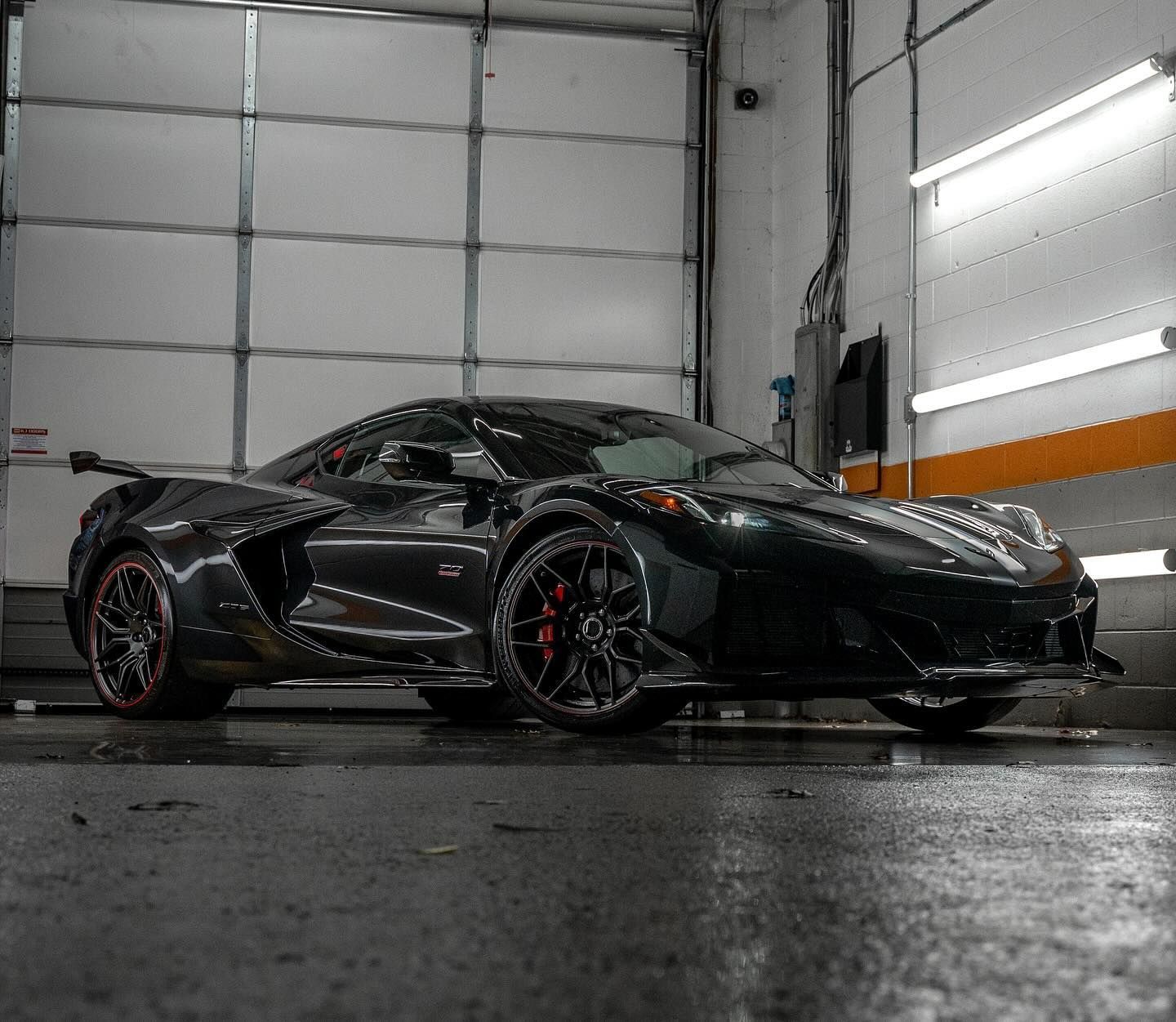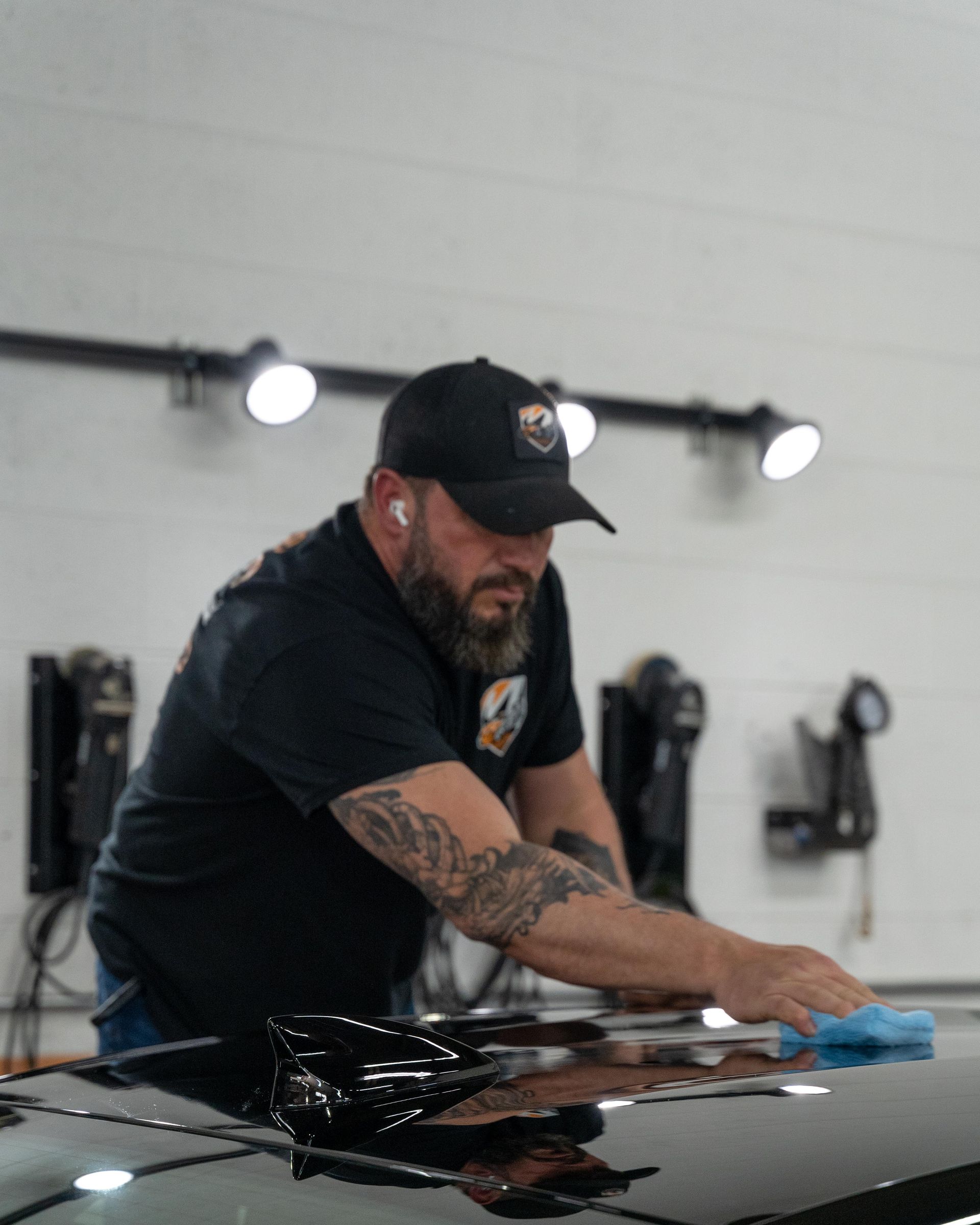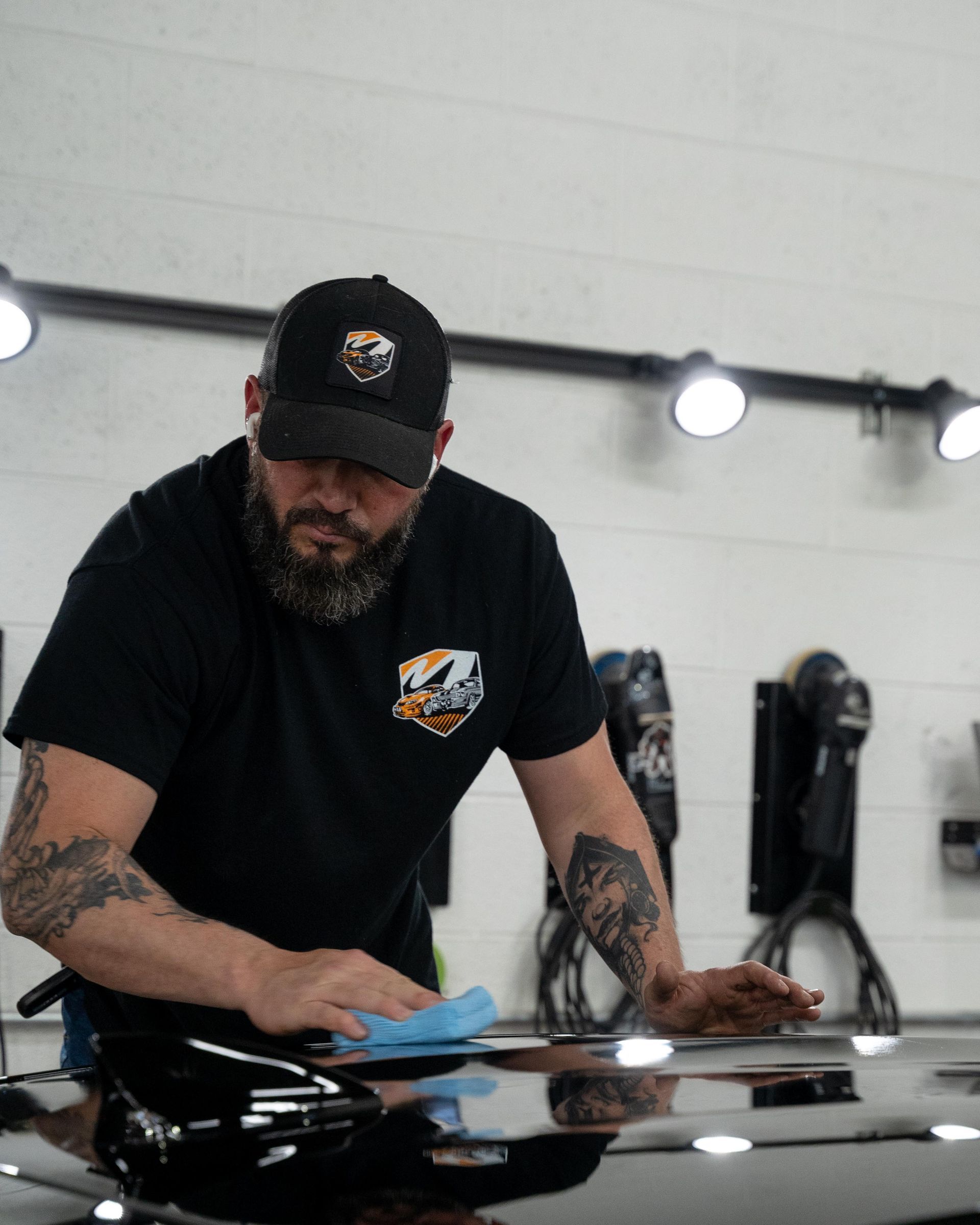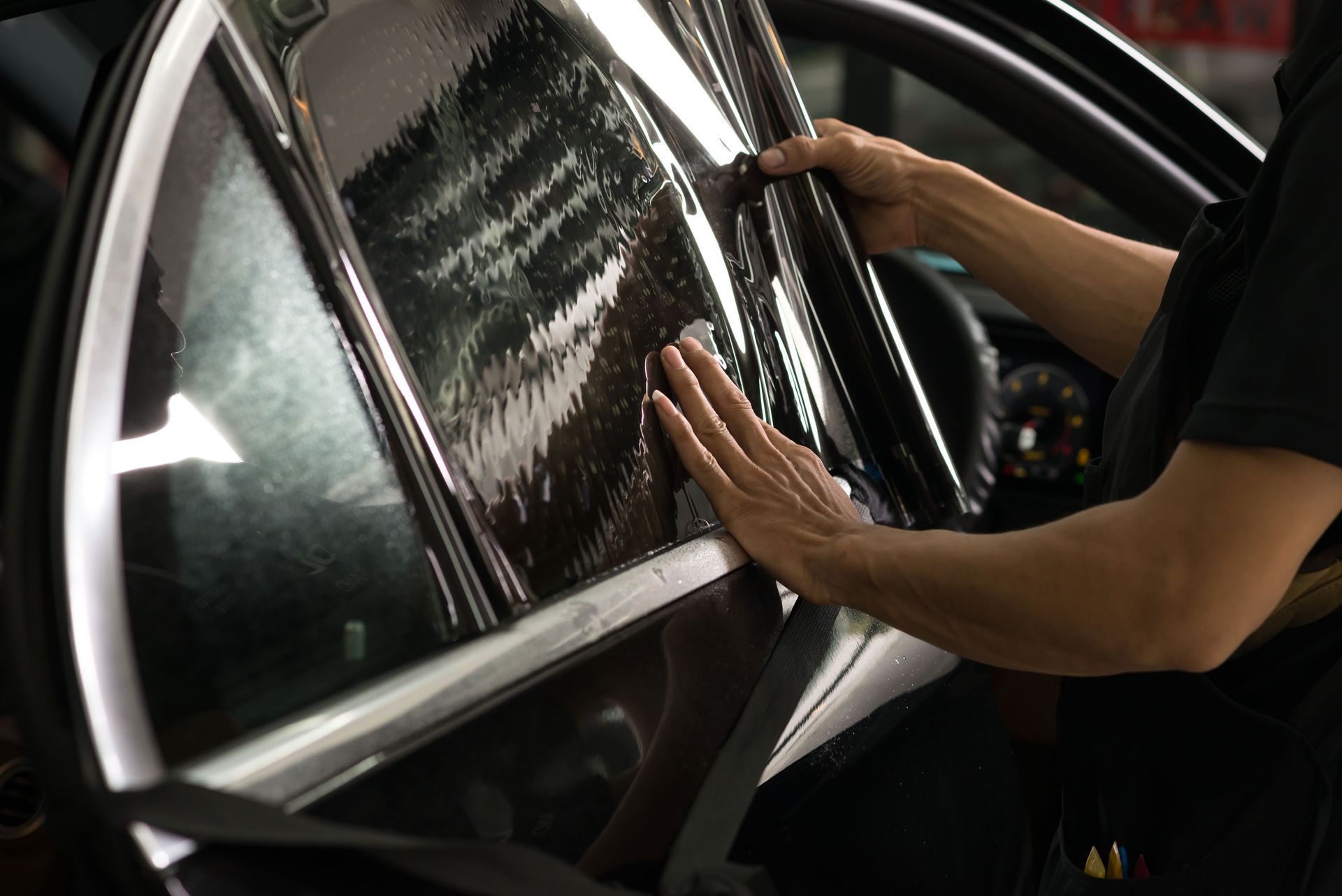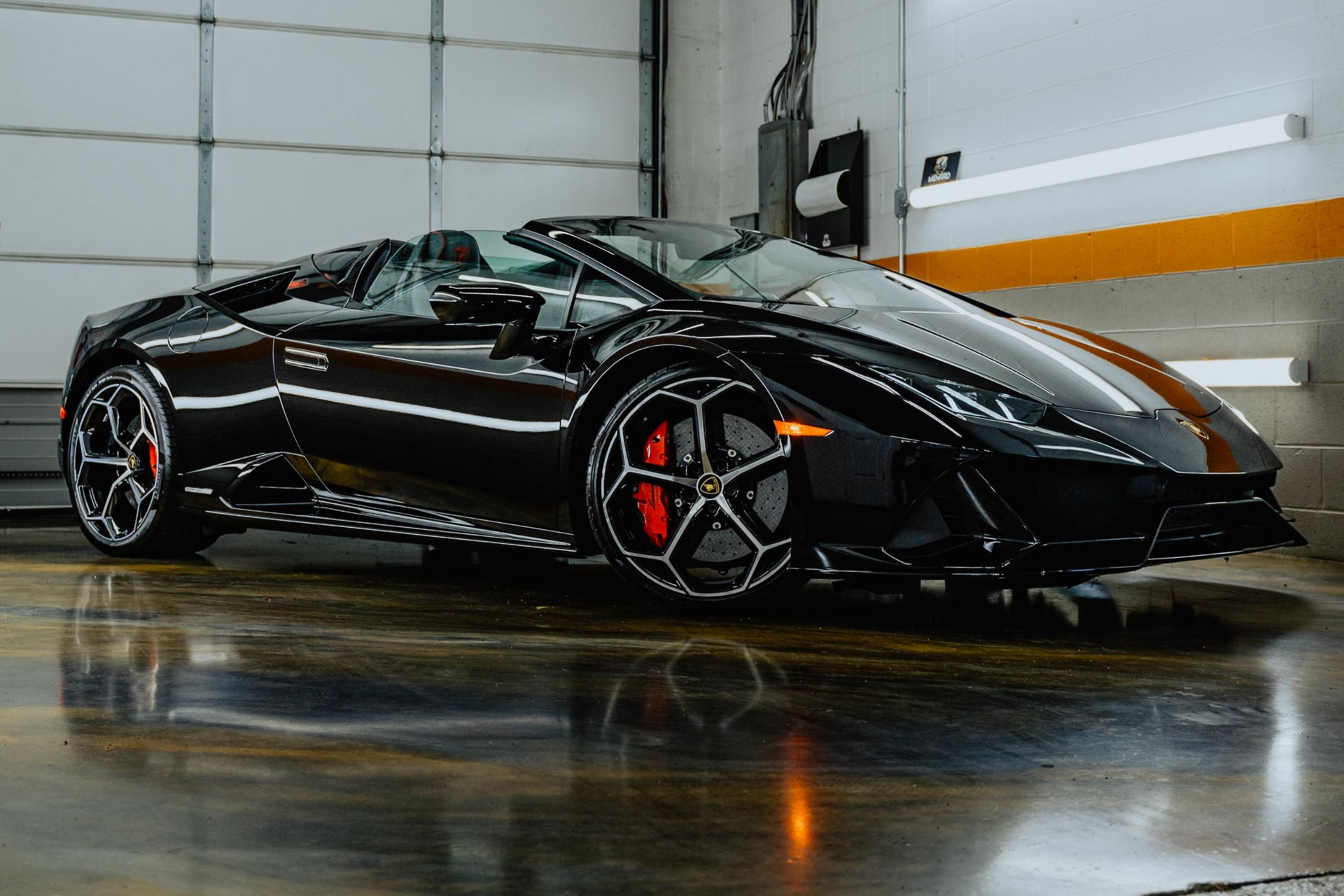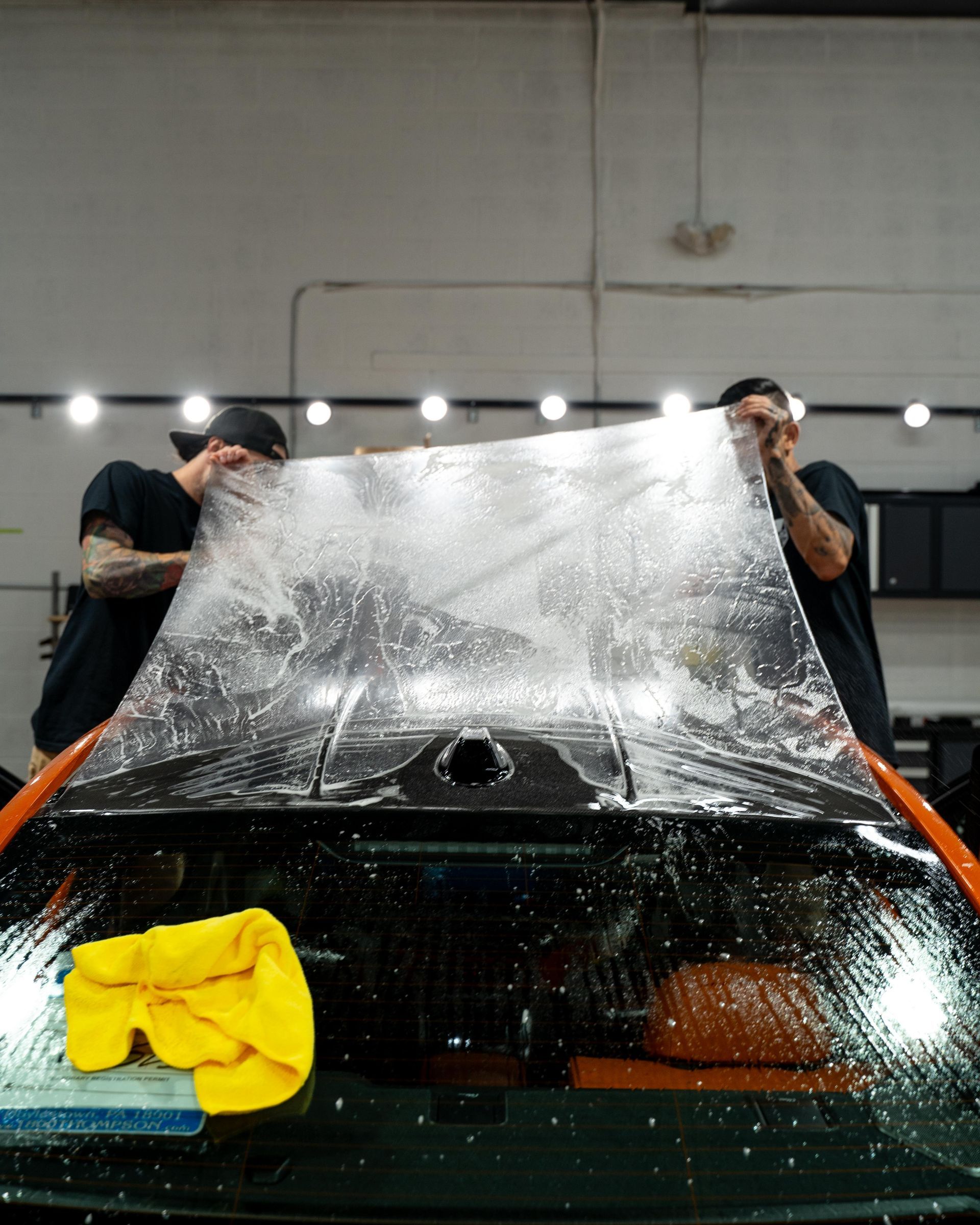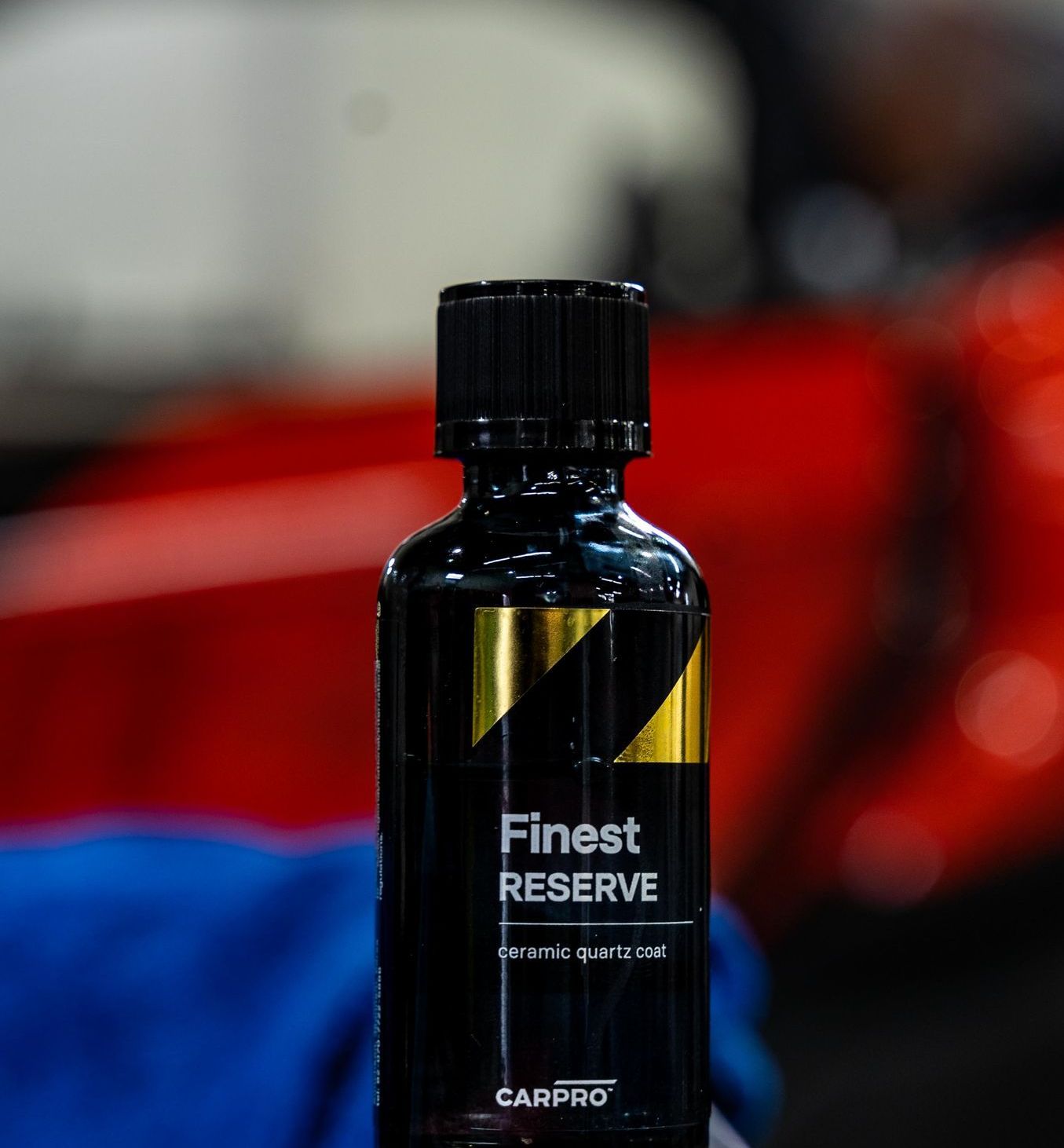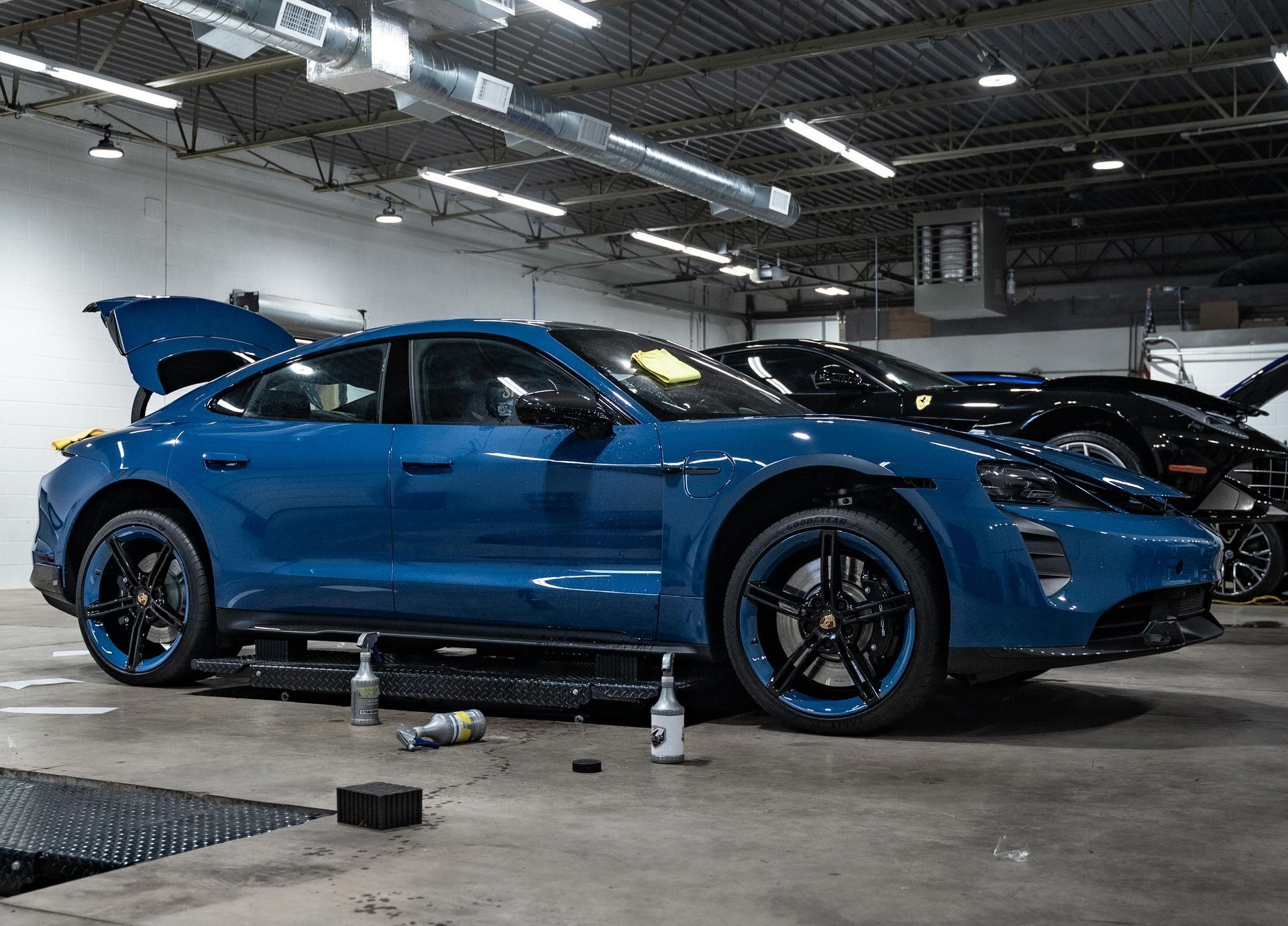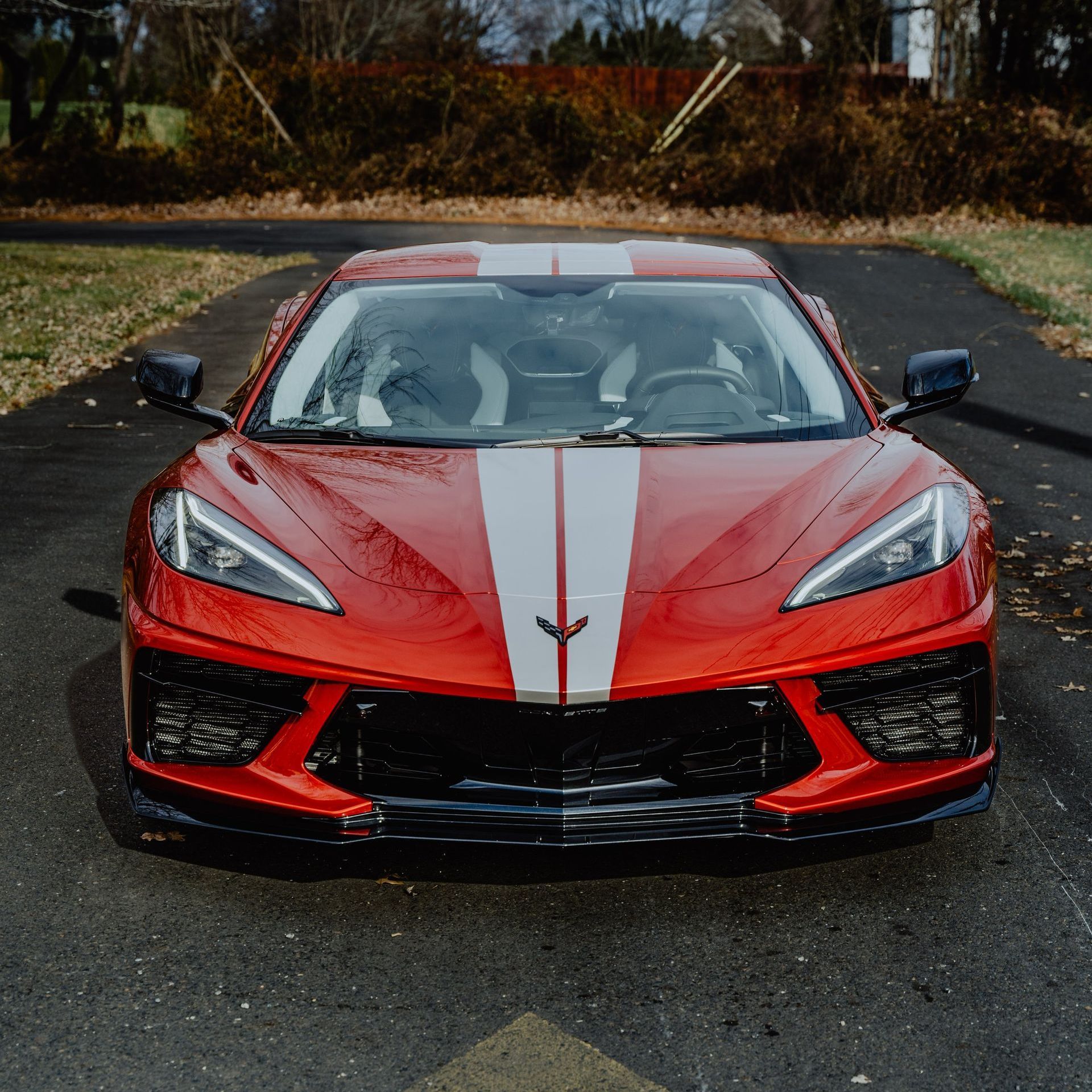How Long Does Ceramic Coating Last? Insights on Lifespan and Maintenance
CALL (833) 263-6273
When it comes to protecting your vehicle, you may wonder just how effective ceramic coatings really are. After all, investing in a layer of invisible armor for your car sounds tempting, but what does that mean in terms of longevity and upkeep? The truth is, while these coatings promise impressive durability, they require some elbow grease to truly shine over the years. Through this article, we'll explore how long ceramic coatings last, the critical role maintenance plays, and tips to keep your investment looking fresh and protected. So grab your favorite drink, settle in, and discover the secrets behind making your car's new glossy shield stand the test of time.
Ceramic coatings typically last between 3 and 5 years under proper maintenance; however, high-quality products may come with warranties extending up to 6 years or more. The lifespan can be affected by environmental factors, driving habits, and the quality of the application, making regular maintenance essential for optimal performance.
Application Process of Ceramic Coating
The journey to a beautifully coated vehicle starts well before you even apply the ceramic coating itself. It begins with ensuring that your car is in perfect shape for this transformative treatment.
This means a thorough cleaning to eradicate any lingering wax, grease, or residues that could interfere with how well the coating adheres to the surface. Picture this: a deep wash that foams up while removing dirt, followed by a clay bar treatment to eliminate microscopic contaminants, ensuring that your car feels as smooth as glass. If needed, polishing is sometimes performed to remove imperfections such as swirl marks or scratches, ultimately creating an immaculate canvas for the coating.
Step-by-Step Application
- Surface Preparation: Just to emphasize the importance of this phase, consider a shop in Los Angeles that dedicates nearly 10 hours solely to preparing a car for ceramic coating. That includes every minute spent meticulously inspecting and cleaning the vehicle from top to bottom, making sure not a speck of dust remains. This dedication to surface preparation is why professionally applied coatings often show superior results compared to DIY attempts, which can sometimes fall short due to hasty prep work.
- Application of the Coating: Once you've ensured your vehicle's surface is pristine, it's time for the actual application of the ceramic coating. Here’s where precision comes into play; utilizing an applicator pad, you should apply the coating in small sections, allowing for better control and more even coverage. Think about it as painting a room—if you try to cover too much area at once, you might miss spots or create uneven textures. Additionally, closely adhere to the manufacturer's instructions regarding curing times and environmental conditions because temperature and humidity can significantly impact how well the coating bonds to your vehicle.
- Curing Time: After applying the coating, allow it some time to cure properly—this critical phase can take anywhere from 24 to 48 hours. During this period, be sure not to expose your newly coated vehicle to water or harsh weather elements. Think of this time as a quiet moment of rest after achieving something significant; it's essential for maximizing the life and durability of the ceramic layer above all else.
With these essential steps completed successfully, you are now well-prepared for exploring what external factors can affect the health and longevity of your new ceramic coating.
Environmental Factors Impacting Durability
Environmental elements such as sunlight and harsh winter conditions can impact the longevity of your ceramic coating more than you might realize. For instance, intense sunlight is a prominent factor that affects your coating's integrity over time. Scientific research shows that UV rays can break down the chemical bonds essential for maintaining the protective layer. In practical terms, if you live in areas with extensive sun exposure you could see a 10-15% decrease in coating effectiveness each year. This reduction isn't just theoretical; it's a tangible reality for many vehicle owners who underestimate how relentless sun exposure can weaken their coating’s performance.
Maintenance Tips for Longevity
Proper care is not just about keeping your car looking shiny; it’s essential for the longevity of the ceramic coating itself. Regular washing is critical. Using pH-neutral soaps specifically designed for coated vehicles prevents the buildup of grime and contamination that can compromise the coating over time. Think of this wash as a refreshing spa day for your car—it removes impurities while respecting the delicate balance of the protective layer. The key here is to use a high-quality microfiber wash mitt when cleaning. This will help minimize the chance of damaging the surface, which can be detrimental to the coating's hydrophobic properties. Remember, less is sometimes more; using gentler methods extends longevity.
When it comes to washing techniques, avoiding automatic car washes is imperative. While they may seem convenient, the brushes used in these facilities can gradually degrade the ceramic layer over time. A far better approach is hand washing or utilizing touchless car washes. These methods are gentler on your vehicle’s finish, helping preserve its protective qualities while keeping it looking its best. Additionally, incorporating ceramic boost sprays into your maintenance routine every three to six months can further enhance durability. These products work by rejuvenating and reinforcing the coating’s performance, acting as a shield against harmful contaminants and UV rays. It’s like adding an extra layer of protection—giving you peace of mind that your vehicle remains well-defended.
Beyond regular washing and boosting, it’s wise to take a few moments for inspections. Periodically checking your coating for signs of wear—such as beading performance or dullness—allows you to address issues before they escalate. If you spot areas that need attention, applying touch-up sprays or gels can help restore consistent protection. Think of it as giving your car a little TLC whenever it shows signs of stress. By adopting these maintenance practices, you not only preserve the aesthetic appeal of your vehicle but also ensure optimal performance throughout its lifespan.
Typical Lifespan of Ceramic Coatings
Most manufacturers tout impressive ranges for their ceramic coatings, typically claiming durability between 2 and 5 years. While this promise may sound appealing, the actual lifespan can vary significantly depending on maintenance and environmental conditions. Some products are marketed to provide up to 5 years of protection with proper care; however, real-world performance often trends slightly lower. It’s a reminder that advertised longevity and practical outcomes don’t always align perfectly.
Various factors dictate the longevity of a ceramic coating. Elements such as climate, driving habits, and particularly the quality of the initial application play critical roles in determining how long your investment will last. A poorly applied coating might begin to show wear much sooner than advertised. This makes it imperative to maintain a diligent care routine that aligns with the manufacturer's recommendations. A good rule of thumb is to remember that a well-applied, high-quality coating offers better protection than a subpar DIY kit. Always aim for professional-grade options if you're seeking long-term benefits.
It's essential to manage expectations and treat these lifespans as general guidelines rather than absolute guarantees. Having a robust operational strategy—which includes regular washing and avoiding harsh chemicals—can significantly enhance the durability of your ceramic coating.
Comparative Analysis with Other Methods
When considering vehicle protection, the options available can often feel overwhelming. Many car owners contemplate using traditional wax or paint sealants while wondering how these alternatives stack up against ceramic coatings. The truth is, each method has its own unique benefits and drawbacks.
Pros and Cons
- Ceramic Coatings: Ceramic coatings offer extensive protection against environmental contaminants such as dirt, tree sap, and bird droppings. One of their standout features is their ability to repel UV rays, which can otherwise fade your vehicle's paint over time. Because of their advanced composition—primarily made from Silicon Dioxide (SiO₂)—they form a robust barrier. A well-applied ceramic coating can change your vehicle’s armor; it feels like you're driving around in a bubble of protection.
- Paint Sealants: Paint sealants present an accessible middle ground. They’re easier to apply than ceramic coatings and usually come at a lower cost. For those who enjoy the DIY aspect of cleaning and protecting their vehicles, paint sealants offer an attractive option. Their lifespan falls short of ceramic coatings—typically lasting up to a year—but they still provide decent protection against mild wear and tear. While their affordability and ease of use are appealing, one must consider that they don’t quite measure up to the long-lasting durability offered by ceramic options.
- Traditional Waxes: Traditional waxes find themselves at the heart of these comparisons due to their enticing price point and simplicity in application. They typically require reapplication every few months, making them less suitable for those seeking long-term protection. That said, they still have a loyal following because they can deliver satisfying shine and enhance depth in paint color temporarily.
This comparison lays the groundwork for understanding not just what makes ceramic coatings stand out but also how to effectively maintain your investment in vehicle protection.
Best Practices for Maximizing Coating Life
Regular maintenance is not just a suggestion; it's a vital part of owning a vehicle with a ceramic coating. Washing your vehicle every week with a pH-neutral shampoo designed for ceramic coatings greatly helps in keeping its protective layer intact. This type of cleaner ensures that you’re not stripping away any of the hydrophobic properties that make your coating effective. Imagine washing your car with soda or any other acidic product—it would be like using sandpaper on your skin. Instead, opt for gentle solutions that preserve the integrity of the coating and stave off premature wear.
Avoid Harsh Chemicals
Another critical aspect of maintaining your ceramic coating is to steer clear of harsh chemicals and abrasive cleaning tools, which can wreak havoc on your hard-earned investment. It’s essential to use products recommended by your coating manufacturer, as they are formulated to enhance and protect the unique properties of ceramic coatings without causing damage. Think of it like your favorite pair of shoes; using the right polish keeps them looking new, while the wrong one could ruin them completely. Furthermore, where you park your vehicle matters. Whenever possible, parking in shaded or covered areas significantly reduces UV exposure, which is known to degrade the chemical bonds within the ceramic coating over time. Intensive sunlight can break those bonds, leading to diminished effectiveness and gloss.
Similarly, avoiding places where bird droppings or tree sap can land will also help preserve the finish—after all, think of bird droppings as tiny bombs waiting to explode on your precious car’s surface. Research indicates that parking under shade can extend the life of your ceramic coating by nearly 20%. It's an easy way to protect what might well be one of the biggest investments in your driveway. In addition to these preventive measures, regularly inspecting your vehicle for signs of wear allows you to address issues before they escalate into more significant problems. Just as you'd check in on a friend during tough times, giving periodic attention to your car can help extend the lifespan of its protective coating by approximately 15-25%.
By implementing these straightforward yet effective practices into your routine, you're not just preserving your vehicle's appearance; you're ensuring that every dollar spent on that ceramic coating continues to bring value over time. This thoughtful approach can combat degradation, leading to long-lasting protection and enhancing the aesthetic appeal of your vehicle. Regular care guarantees that your investment remains worthwhile over countless drives and adventures.
Expert Ceramic Coating Services in West Chester, PA
Protect your vehicle’s finish with professional ceramic coating services from Menard Premium Detailing in West Chester, PA. Our advanced coatings create a long-lasting, high-gloss barrier that shields against UV rays, road grime, and environmental contaminants. Whether you're driving through town or hitting the highway, ceramic protection helps maintain a cleaner, sharper look with less effort. Schedule your appointment today and give your car the durable finish it deserves!

